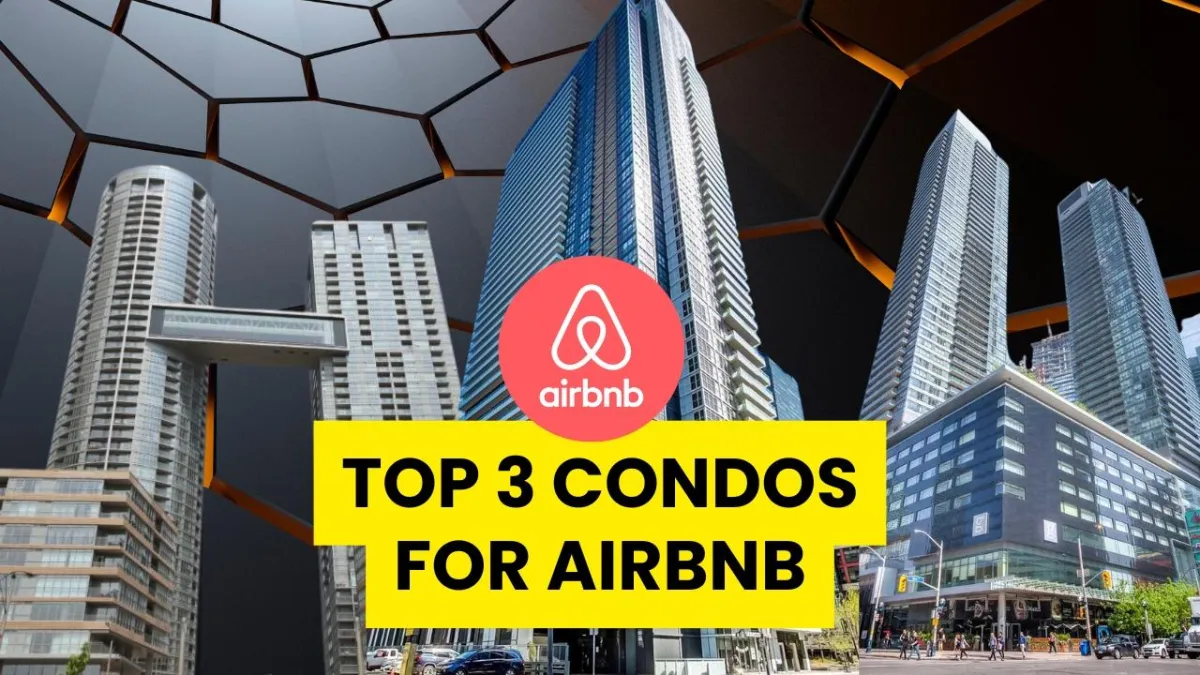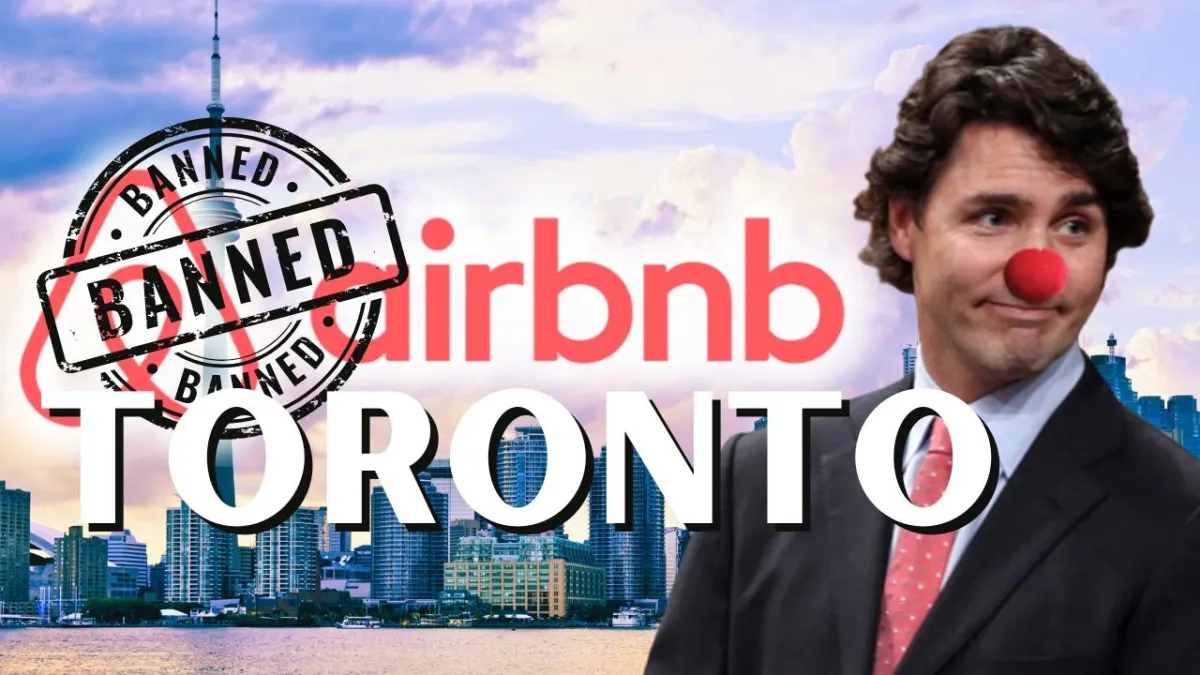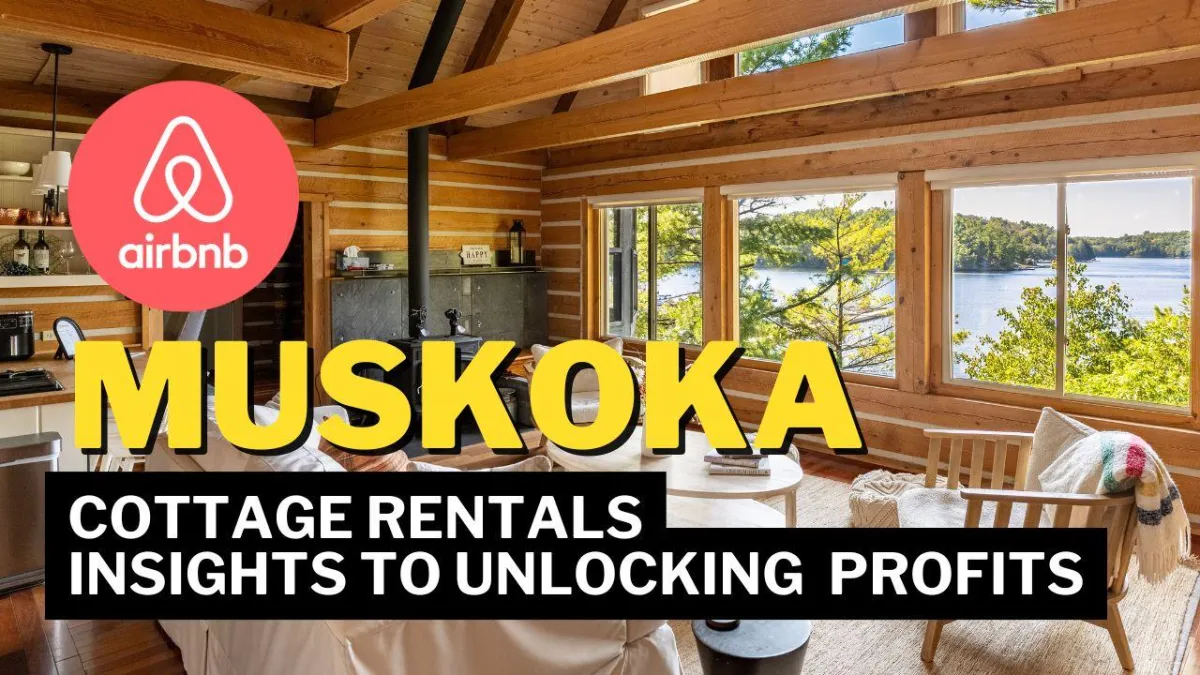
Will Toronto Ban Airbnb? What Every Host Needs to Know About the Future of Short-Term Rentals
Will Toronto Ban Airbnb?
The question of whether Toronto will ban Airbnb has been circulating among property owners, potential hosts, and travelers alike. As a global metropolis offering vibrant neighborhoods and iconic landmarks, the debate surrounding short-term rentals remains a hot topic. But what does the future truly hold for Airbnb in Toronto? Let’s delve into the current landscape, regulatory updates, and potential implications for both hosts and guests.
Understanding Toronto’s Regulatory Environment
Before we speculate on a potential ban, it's crucial to understand Toronto’s existing short-term rental regulations. In recent years, the city has implemented rules to balance the benefits of Airbnb with community needs. These regulations include:
Primary Residence Requirement: Hosts are permitted to rent out residences only if they are the primary location. This rule aims to prevent the transformation of housing units into full-time short-term rentals, which could exacerbate housing shortages.
Short-Term Rental Registration: All Airbnb and other short-term rental hosts must register with the city. This registration helps the city monitor and manage short-term rental activity more effectively.
Limited Days for Rental: Maximum rental days have been capped at 180 days per year to ensure properties are not removed from the long-term rental market.
Taxation: Like hotels, Airbnb hosts in Toronto are required to charge a municipal accommodation tax. This contributes to city revenue and places short-term rentals on a more level playing field with traditional accommodations.
Will Toronto Really Ban Airbnb?
While some residents and lawmakers have called for stricter regulations, an outright ban on Airbnb appears unlikely in the near future. Here’s why:
Economic Contributions: Airbnb generates significant economic benefits for Toronto. It attracts a diverse array of tourists who spend on local dining, shopping, and attractions, thereby boosting local businesses.
Affordable Options for Travelers: Short-term rentals provide more budget-friendly lodging alternatives, promoting tourism across different socio-economic groups.
Local Advocacy for Balanced Regulations: Many stakeholders argue for better enforcement of existing regulations rather than a complete ban. The focus remains on sustainable tourism that benefits both the community and economy, ensuring housing remains available for long-term residents without stalling the city's vibrancy and international appeal.
Financial Considerations for Airbnb Hosts

If you're considering becoming an Airbnb host in Toronto, the decision often comes down to the carrying cost of your property and whether the margins make sense.
Take, for example, a 2-bedroom home in a waterfront community in downtown Toronto that sleeps up to six guests. With the right setup and management, you can generate booking revenues of $80,000+ per year.
After accounting for operational expenses like utilities, internet, cleaning, maintenance, condo fees, and taxes, these costs typically range between 30-35% of your booking revenue. Importantly, this doesn’t include mortgage payments, as they vary widely for each property owner.
Another significant factor to consider is equity appreciation. Toronto’s real estate market has historically shown strong appreciation over time. While short-term rental income can provide immediate cash flow, the long-term growth in your property’s value can contribute significantly to your overall returns. Factoring in this appreciation helps paint a more complete picture of your investment’s potential.
Interested to find out how each downtown community earned when compared side by side, discover the Top Toronto Airbnb Neighbourhoods.
If you’re unsure how to calculate this, check out our detailed blog on how to maximize Airbnb revenue in Toronto.
Planning for the Unexpected
Even with the current regulatory environment, it’s essential to prepare for potential changes. If Airbnb or other short-term rental platforms were restricted or banned in the future, having a backup exit strategy is critical. Consider whether your property would appeal to monthly furnished rentals or long-term tenants to safeguard your investment.
Future Prospects and Considerations
Regulatory Changes: Stay updated on city council meetings and regulatory announcements regarding short-term rentals. Policy changes could impact Airbnb’s operations and profitability, making it essential for hosts to remain informed.
Community Engagement: Work with neighborhood associations to address concerns about short-term rentals. Building positive relationships with your community can help mitigate opposition and create a supportive environment for Airbnb operations.
Seek Professional Management: Navigating Toronto’s regulations can be complex. Partnering with professional property management services like Homeseeker Vacation Homes ensures your property remains compliant and profitable. Learn more about our expertise in Airbnb management services.
Conclusion
While a complete ban on Airbnb in Toronto seems unlikely, the city’s regulatory landscape continues to evolve. Hosts must stay proactive, ensuring compliance while preparing for unexpected changes. By focusing on financial feasibility, equity appreciation, and maintaining a flexible strategy, you can maximize your property’s potential and contribute to Toronto’s vibrant tourism industry.
P.S. Want to know how much your condo could earn on Airbnb?
For a limited time, Homeseeker Vacation Homes is offering a FREE Airbnb Revenue Report for Toronto real estate investors and second home owners. Discover your property’s true earning potential with insights on pricing optimization, occupancy trends, and revenue projections tailored to the Toronto market.
Take the first step toward maximizing your rental income while enjoying peace of mind. Click here to request your free report and start turning your Toronto investment into a revenue-generating machine today!



